Gary Jubelin opens up on his life as a police officer dealing with snitches
In his line of work Gary Jubelin has had to rely on informants or “snitches” for those cases that don’t leave a trace of evidence. He reveals how the relationship between the two worlds works in the justice system.
I Catch Killers
Don't miss out on the headlines from I Catch Killers. Followed categories will be added to My News.
- Gary Jubelin opens up on the real Underbelly: Badass story
- Hardcore criminal opens up on why be became a snitch
“Where do you live?”
The man asking the question was a criminal informant; a seriously dangerous individual.
The man answering was a homicide Detective.
“Mate, I can’t tell you,” the cop responded. “That’s my safe place. A lot of bad guys want to know where I live.”
The informant _ who would surely be killed if his criminal associates found out he was helping police _ insisted.
“You’ve asked me to trust me with my life. How about you start trusting me with yours?”
High stakes in the dark world of major crime. That’s a true story. The cop was me. I gave the informant my home address, he sent me a package and then rang to find out what was in it.
I CATCH KILLERS PODCAST - The Cop and the Snitch: In this explosive bonus episode a criminal informant who risked his life to help homicide Detective Gary Jubelin catch killers for 22 years speaks for the first time. The interview is in the second half of the podcast.
I Catch Killers: The Life and Many Deaths of a Homicide Detective, is published by HarperCollins Australia on Thursday, August 20 in paperback, e-book and audio. Pre-order your signed copy at Booktopia.
I gave the right answer, and the informant decided he could trust me. We went to court; he gave evidence against some major criminals, and they went to jail.
The world of cops and their snitches is glamorised in film, but nothing can come close to the raw emotion, responsibility and danger of negotiating with the crooks who choose to help police.
At times, the bond feels like friendship: spending large amounts of time together, talking deeply, laughing, sharing secrets. Some of the informants I’ve worked with know more about me than my own family.
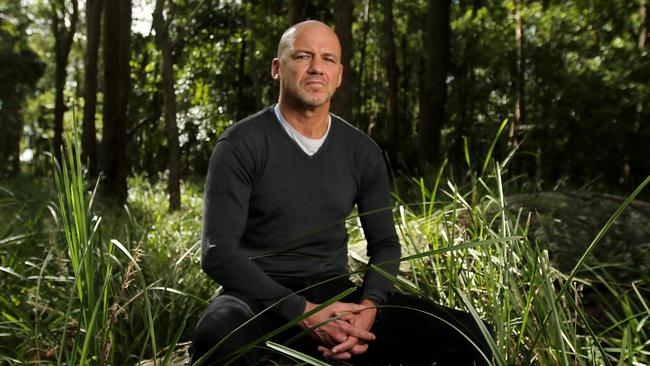
MORE GARY JUBELIN
EXCLUSIVE EXTRACT: How Tyrrell case brought down Gary Jubelin
JUBELIN SHOCK: I’d rather go to jail than pay a fine
But it can turn in a second.
More than one informant has threatened to harm or kill me. “I’m going to go inside, muscle up and f … you up,” one said memorably when he feared his cover might be blown.
Dealings with criminal informants is a test of character for all involved. Sometimes, it’s not pretty.
So why do we do it? Because there are some crimes that would never be solved without snitches. Running an informant is a legitimate investigative technique that often cracks cases – usually when there is no other option. If DNA, fingerprints or CCTV were available, police would use it. Some crimes leave no trace. That’s when you need someone to get a suspect to let their guard down; to find out information that no cop can ever hope to yield.
It’s a world the public rarely get to see and for good reason. Informants’ lives are at risk and protecting their identities is crucial; that’s why NSW Police, like others across Australia, and the courts do their best to protect informants.
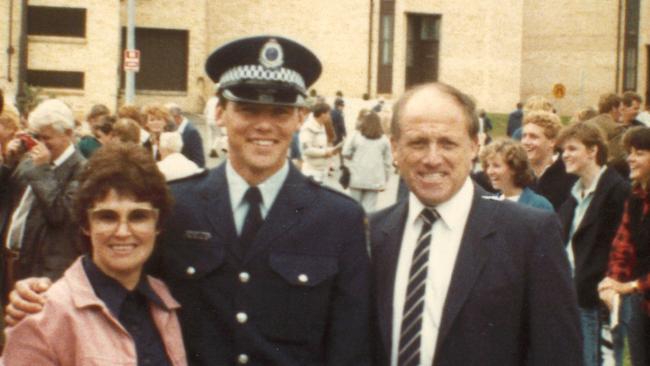
Measures are also in place to ensure the relationships are appropriate, but there are many incidents where lines have been crossed and the cop and informant have become too close. In NSW think notorious criminal Neddy Smith and disgraced Detective Roger Rogerson _ the suggestion that Neddy was given a “green light” to commit offences with the protection of police or Victoria’s “Lawyer X”, a criminal defender with a deep and complex relationship with police.
In the prison system, informants share equal status with paedophiles at the bottom of the food chain.
They are “dogs” in prison parlance. It’s not a term of endearment. It’s a warning: if other prisoners can get to them, they are at serious risk.
The motivation of informants is as diverse as the world in which they inhabit. Some roll on their mates to save themselves – they’ve been caught committing crime, and the only way to avoid a lengthy jail term is to turn informant and hope for a reduced sentence. Others do it for financial gain; to claim a reward or to get an advantage in the criminal world. A small percentage do it because it is the right thing to do.
Invariably informants in serious criminal matters have spent a large portion of their lives living by a criminal code that demands not dobbing on your mates and never speaking to the cops.
When they break that code their life as they know it is over, they and their family are at risk. The cop running the informant has to manage this; and so the informant starts to depend on the cop.
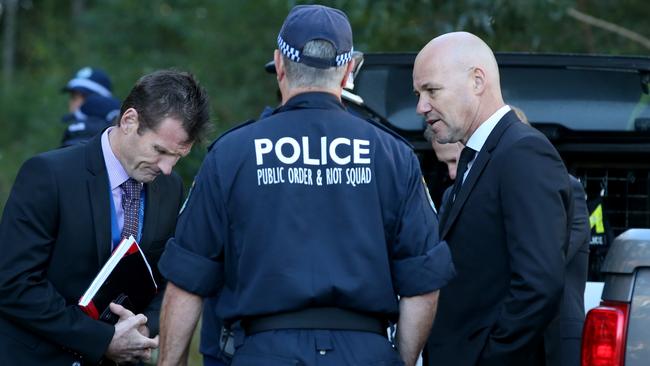
At this point the relationship between cop and informant becomes complicated. I doubt there would be a major crime Detective who hasn’t had a late-night call from an angry or distressed informant blaming the cop for what’s gone wrong in their life since they turned informant. It’s just the nature of the business.
The only way to get an informant comfortable is for the cop to spend a lot of time cultivating them and gaining their trust.
In my view, informants start at ground zero in terms of credibility.
How do you tell what’s real and what’s not? How do you detect the ulterior motive?
I have informants I’ve been running for 20 years, and it becomes like a relationship. Sometimes you don’t feel like speaking to them. Informants can become very needy; because you’ve taken them into your world, and they rely upon you, if something goes wrong with their own personal relationships, you’re to blame. I’ve had countless late-night calls from informants asking for life advice.
MORE GARY JUBELIN
TYRRELL CONTROVERSY: ‘Jubes, I need you to sort out this mess’
BETRAYAL: The mentor who failed Jubelin
When I was a young Detective, I got a call from a local lady saying she was worried about her son; he was part of a group of young men breaking into homes in the area.
She could see her son going off the rails and she needed to stop him, even if it meant bringing him to my attention: and she gave me information about what they were up to.
It worked. There were plenty of tears and concern at the start, when the son was arrested, charged and convicted of a relatively minor charge. But this Mum was giving her son tough love, even though he had no idea of her involvement. That was the end of his offending, as far as I know.
The real test of an informant’s steel is when a cop asks them to go back into the criminal world to obtain more information.
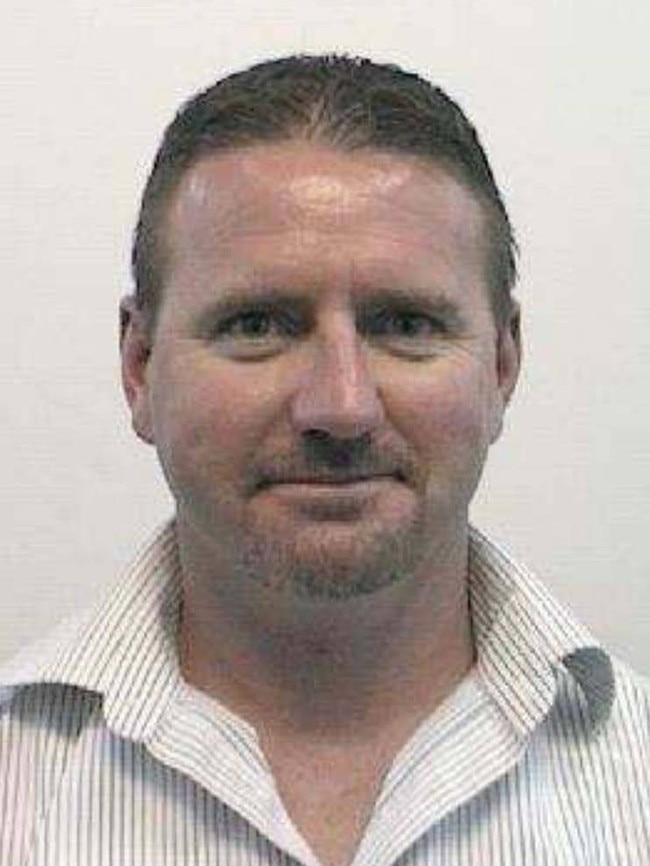
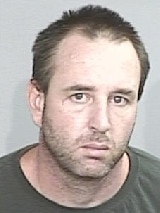
That’s when the pressure is really on.
This was the case when an informant was being sent in to gather a confession from a co-offender in an organised crime murder. Two serious baddies, the Perish brothers, had attempted to contract him to kill a suspected informant, Terry Falconer.
I said to this individual, a man I call Rocco: “Mate, you know what you gotta do. We will be out here. If you feel like something’s not right, make an excuse and get out of there.”
Rocco: “What f … good are you to me out here?”
I couldn’t help laughing. “Probably not much mate, if you don’t feel comfortable going in, you don’t have to. It’s your call.”
There is no point bullshitting to a seasoned criminal informant. They have an animal instinct for lies. They’ll spot a fake a mile away.
Rocco went into the premises and got what we needed. Anthony Perish was convicted of murder and was sentenced to 29 years.
Sometimes the pressure becomes too much for the informant. This often occurs before they are due to give evidence, because it’s at this stage that there is no turning back and they will be exposed as an informant. This became too much for one particular informant who we will call Jeff on the day he was meant to be at court to give evidence in a murder trial.
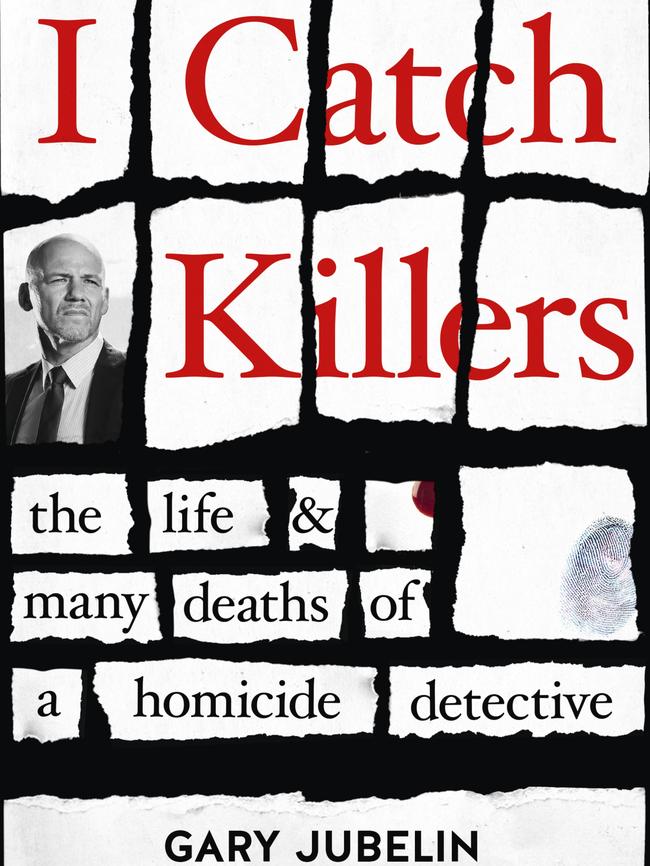
He dealt with his fears by getting on the drink. His girlfriend contacted me and told me Jeff was drunk and he was not going to turn up for court. “Come and talk sense into him,” she said.
I turned up at the park where families were picnicking and children were playing. There was Jeff, an imposing figure standing at 6’4”, covered in tattoos and scars, shirt off, drinking bourbon out of the bottle. I was wearing a suit. I walked towards him cautiously.
“I can’t do this mate!” Jeff yelled.
“I will get killed! I’m not a dog.
Still standing at a distance, with stunned civilians staring at both of us, I said: “Mate, I’ve got your back.”
“F … off,” Jeff said. “Leave me alone. I can’t do this.”
We launched into a debate about the merits of giving evidence, me pleading, Jeff resisting.
It culminated like a scene from a romantic comedy with me yelling Jeff with my arms out: “I love you mate, I love you like a brother.”
Jeff replied: “I love you too, mate.”
Jo in Gary and Claire Harvey for an exclusive live event online at 6:30pm AEST on Wednesday, August 19 at True Crime Australia on Facebook.
